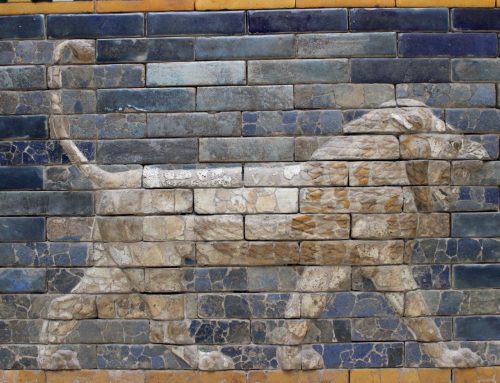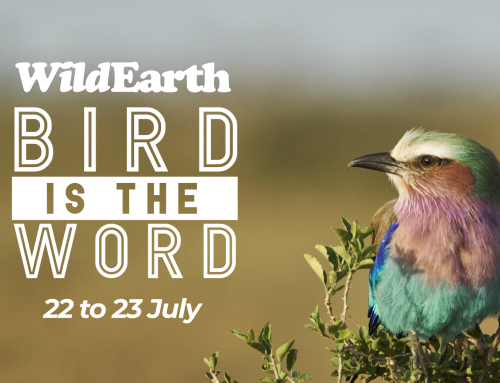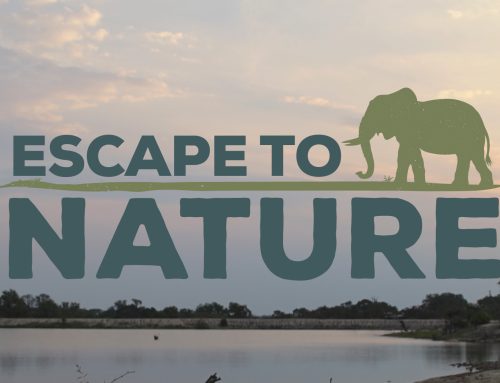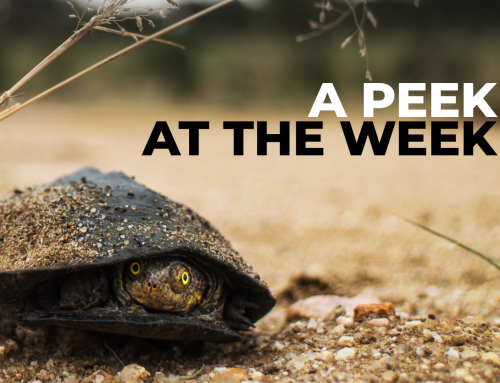When life is on the line, whether human or animal, it is instinctual to be on the side of life. But just as death requires life, life requires death. Our awareness of our own mortality and concepts of morality make this truth uncomfortable to many of us. Collectively we tend to be at odds with death and try to avoid the painful fact that our very existence is at the expense of another’s.
The stories we tell about ourselves are part of what makes us human. These stories attempt to explain and give meaning to our existence. Humankind’s earliest stories revolved around the death of animals at their own hands, for humans’ survival relied upon the death of their four-legged neighbors. Psychologically it was necessary that humans find peace with the fact that their existence required that they kill. The age-old concept of the ‘circle of life’ is one such example of this psychological balm.
Modern humans like to think that we are outside of this mortal struggle and that we have risen beyond this uncomfortable relationship. The stories that once helped us conceptualize this relationship have fallen out of fashion as we have removed ourselves from the animal kingdom. We no longer look upon death with collective acceptance and understanding, but have made an enemy out of death. Death is not only fought tooth and nail, but it is demonized in the most intentional ways.
Maybe this is what is so fascinating about watching animals; observing them in their daily pursuit of survival we are reminded of once universal truths. The recent interaction between the cheetahs and the topis was prime example of this. There was no denying in this scenario that the cost of life (the cheetahs’) was death (the topi’s). The cheetah mother was attempting to feed and teach her young son the art of long-term survival. Conversely, the topi mother was attempting to ensure her calf’s immediate survival. It would have been impossible to have been firmly on the side of life – as painful as that may be.
It is these kinds of truths that the animal world can remind us of, truths that we have forgotten in our quest for modernity and civilization.
-Ashley Wall
Campbell, Joseph, and Bill Moyers. (1988). The Power of Myth. New York: Doubleday.





